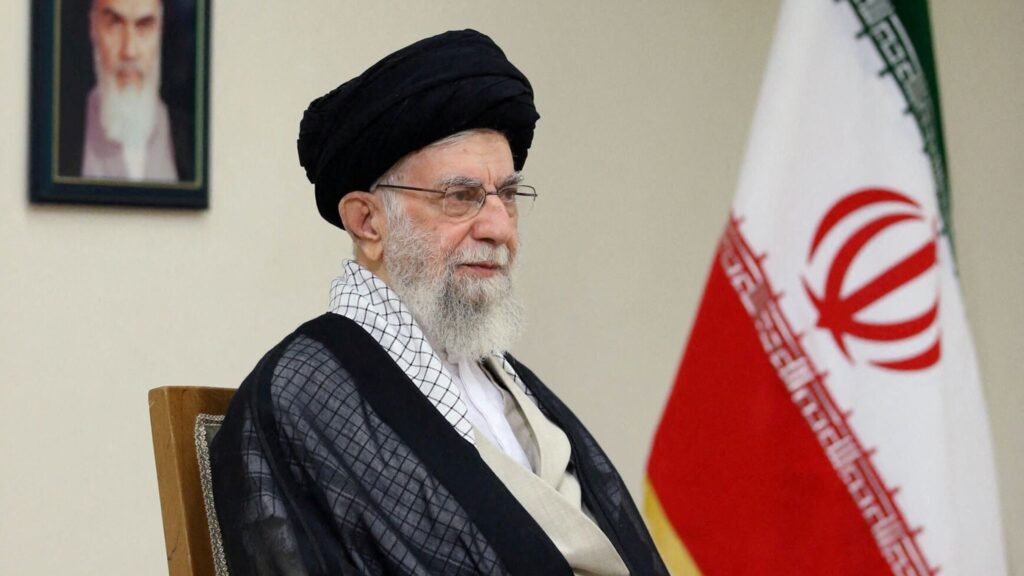Iran’s Supreme Leader, Ayatollah Ali Khamenei, has been transferred to a secure, undisclosed location within Iran amid heightened security concerns, two regional officials briefed by Tehran told Reuters. The move comes as tensions escalate in the Middle East following Israel’s announcement that it killed Hezbollah leader Sayyed Hassan Nasrallah in an airstrike on Beirut’s southern suburbs on Friday. The death of Nasrallah, a key figure in the Iran-backed “Axis of Resistance,” marks a significant moment in the region’s ongoing conflicts.
The sources revealed that Iranian officials are in continuous communication with Hezbollah and other regional proxy groups to assess the situation and formulate their next steps. Nasrallah, who had led Hezbollah for over three decades, was a central figure in shaping the group’s military and political strategies and expanding Iranian influence across the Middle East. His death would not only be a devastating blow to Hezbollah but also to Iran, which has relied heavily on the Lebanese militia to exert power in regional conflicts, including in Syria and Iraq.
Israel’s military reported that Nasrallah was eliminated in a targeted airstrike on Hezbollah’s underground headquarters, hidden beneath a residential building in Dahiyeh, a Hezbollah-controlled area in southern Beirut. The strike, which Israel said also killed other senior Hezbollah commanders, was part of Israel’s intensified air campaign against Hezbollah as the group continued cross-border rocket fire into northern Israel.
Lebanon’s security sources confirmed the severity of the airstrike, which left a massive crater in the targeted area. The attack marked one of the most significant escalations in the conflict since the 2006 Lebanon War. Israeli Prime Minister Benjamin Netanyahu, speaking at the United Nations, defended the airstrikes, stating that Israel has the right to defend itself against Hezbollah’s ongoing attacks.
While Hezbollah has yet to officially confirm Nasrallah’s death, the Iranian regime is closely monitoring the developments. Iran has historically relied on Hezbollah as a powerful ally in the region, and Nasrallah’s death could trigger significant shifts in regional alliances and strategies. Iranian officials are reportedly considering various retaliatory measures in coordination with their regional proxies, particularly in response to Israel’s continued military actions.
The situation remains fluid, with ongoing Israeli airstrikes in Lebanon and Hezbollah maintaining its rocket fire into Israeli territory. The killing of Nasrallah, if confirmed, could further complicate the already volatile situation in the region and heighten the risk of a broader conflict involving Iran, Israel, and their respective allies.



